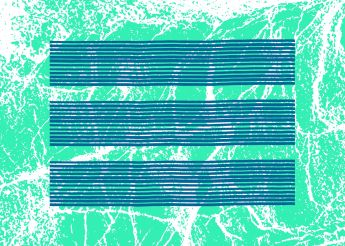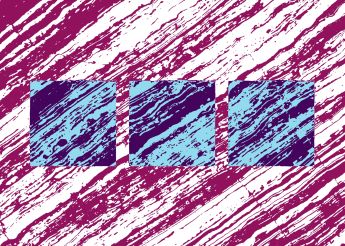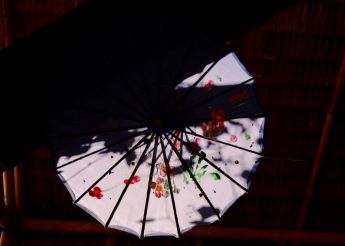Maxime Bissay. One of the primary barriers to accessing justice is poverty. Many people simply cannot afford to hire a lawyer to defend their rights or to follow the necessary legal procedures. Corruption permeates the entire judicial system—from the police to the judiciary. Cases do not progress without financial assistance, and favourable decisions are often contingent on bribery. Less affluent individuals are well aware that those with means can circumvent the law. There is a widespread lack of trust in judicial institutions, which are seen as inequitable and inefficient.
Access to justice for people in detention remains largely theoretical. The law provides for legal aid with a court-appointed lawyer for those without resources. However, the fees are ridiculously low and are often left unpaid by the courts. Consequently, these lawyers invest little effort, and their defence cases are rarely prioritised.
Other factors undermine access to fair justice, even though it is guaranteed by the Constitution and the Cameroonian Code of Criminal Procedure. A shortage of judges limits transparency and the effective implementation of procedures—even though professionals are trained in judicial schools. Moreover, the budgets of the courts are not made public.
According to official data, more than half of those in detention have not yet been tried—a figure that civil society organisations believe is underestimated.
Pre-trial detention may not exceed a duration of three to twelve months, depending on the severity of the offence, renewable only once. Yet I have met people in detention who have been awaiting their trials for two, even three years. The sluggishness of the process is also due to the geographical distance between the local courts and the courts of appeal—there is only one appellate court per region.
Those convicted in the first instance can appeal the decision, but cases are not systematically forwarded to the court of appeal. Moreover, if incarcerated people cannot afford to travel to the city where the competent court sits, their cases eventually end up being forgotten. Their only hope then rests on the support of human rights organisations.
The challenges are even greater for those accused of terrorism or of involvement in the Anglophone crisis. Their cases are tried by a military tribunal, without the guarantees of rights provided by criminal procedure. The duration of their pre-trial detention regularly exceeds the legal limit of six months, renewable once. Individuals suspected of terrorism are frequently presumed guilty even before being tried.





